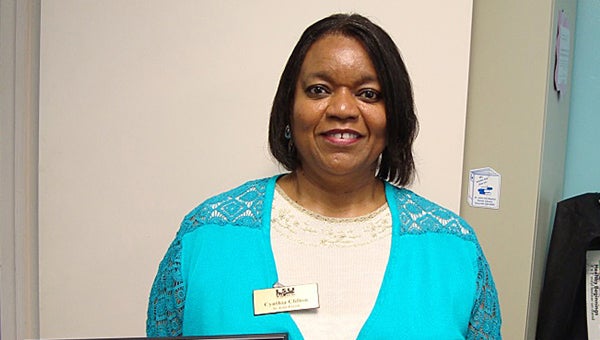Clifton: Make half your grains whole grains
Published 12:01 am Wednesday, August 19, 2020

- Cynthia Clifton
|
Getting your Trinity Audio player ready...
|
Are you making half your grains whole grains? Did you know that grains are good for you? Did you know that there are two kinds of grains? If not, listen up! There are two kinds of grain foods: whole grain foods and refined grain foods. So, what is the difference?
Whole grain foods are foods made with the grain intact, which means it has been barely processed. This means that the bran, germ and endosperm are all there. The bran is where your fiber, B vitamins and some minerals like iron are found. The endosperm is where the carbohydrates and protein are found, and the germ contains antioxidants, vitamin E and some B vitamins, too.
Refined grains have been milled, a process that removes the bran and the germ. The process of milling gives grains a finer texture and makes it last longer, but it removes fiber, iron and many other nutrients. White flour is made with refined wheat grains, so foods like muffins, pancakes and biscuits made with white flour contain refined grains and contain less fiber, vitamins and minerals than whole grain foods.
Some examples of whole grain foods are 100 percent whole wheat bread and pasta, brown rice, whole wheat tortillas, whole grain ready-to-eat cereal, oatmeal, 100 percent whole grain English muffins and popcorn. Some examples of refined grains are pancakes, biscuits, crackers, cakes, corn bread, cookies and muffins. These foods are made with flour, which comes from wheat or corn meal.
Do you know what counts as an ounce? If you are interested in learning more about grains, I will be conducting a virtual online class on August 25, 2020 at 10 a.m. on Zoom with the Library in LaPlace. Contact me, Cynthia Clifton at cclifton@agcenter.lsu.edu, so that I can send you the link to join in. If you already have the link, please join in to learn more about Make Half Your Grains Whole Grains.
Cynthia Clifton is the General Nutrition Agent for the St. John the Baptist Parish extension office of the LSU Ag Center. She can be reached at cclifton@agcenter.lsu.edu.




